
Leveraging the power of energy to light up Africa
With an electrification rate of 53% in 2019 against only 34% in 2000, West Africa has made significant progress, but challenges remain, and nearly half the population still lacks electricity.

With an electrification rate of 53% in 2019 against only 34% in 2000, West Africa has made significant progress, but challenges remain, and nearly half the population still lacks electricity.
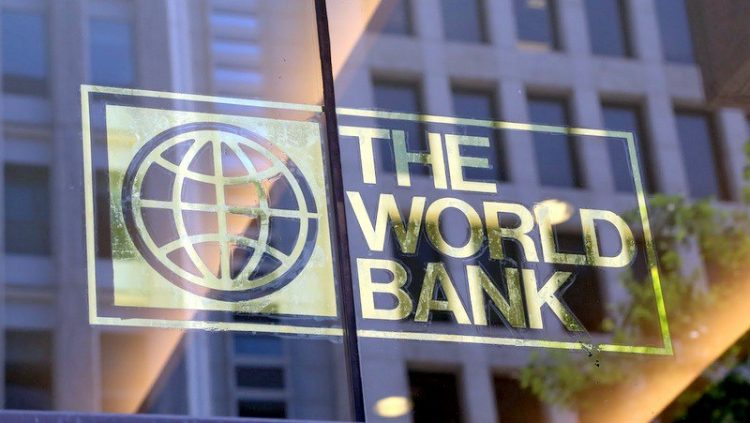
According to the World Bank latest report, most poor households in Nigeria are not connected to the country’s electricity supply network as only 22 per cent of the poorest of them have access to grid power.
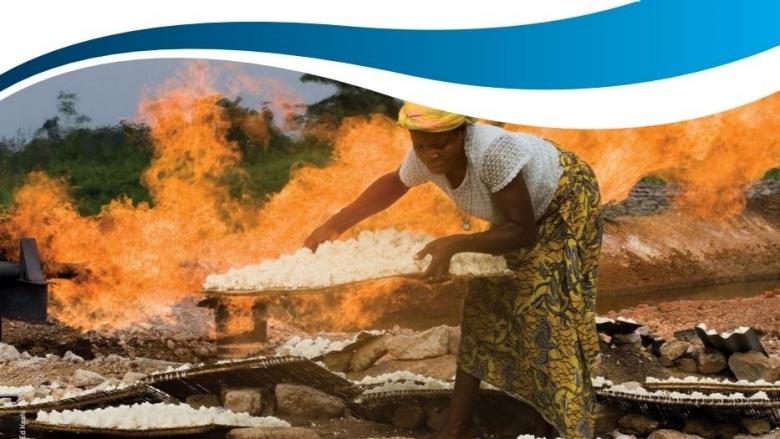
According to satellite data compiled by the World Bank’s Global Gas Flaring Reduction Partnership (GGFR), seven countries account for two-thirds of global gas flaring.

Developed by the World Bank and launched in 2015 by the UN, World Bank and several governments, along with oil companies and development institutions, the Zero Routine Flaring initiative is designed to end an oil industry practice that has existed since oil production first began more than 150 years ago.
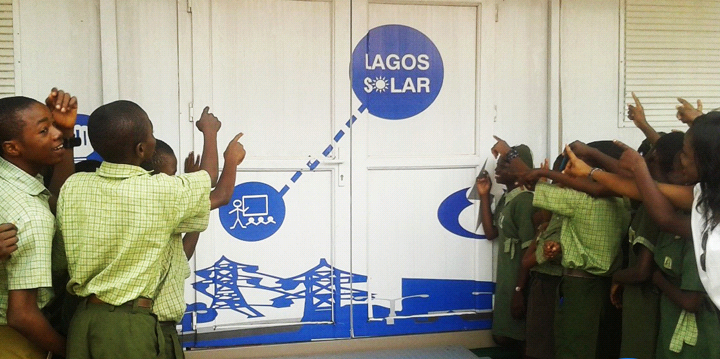
Five million Nigerians and counting; millions of small businesses switching off dirty generators; industry, schools, universities and health clinics with stable power – all because they finally have access to affordable, reliable off-grid solar energy. And will continue to, because commercial suppliers and investors have built a long-term market, proving the case for off-grid solar that the government now actively supports.
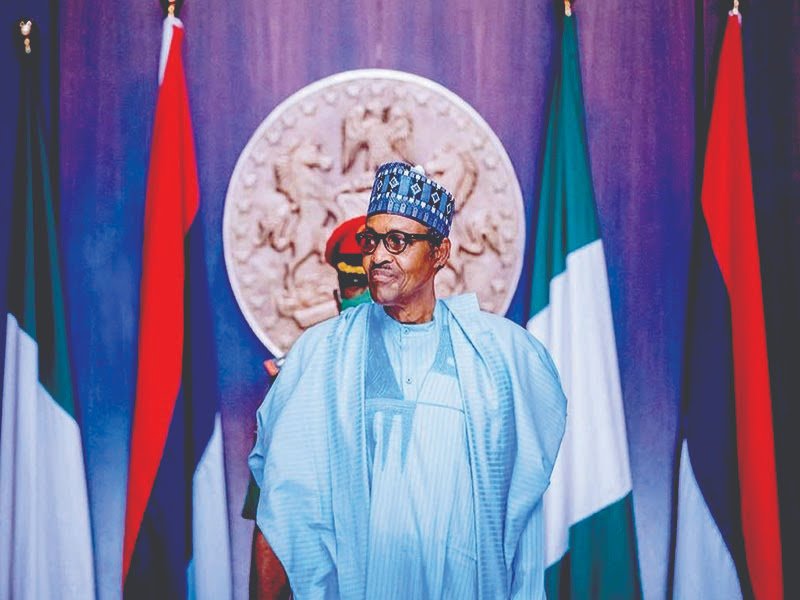
“The Federal Government is working assiduously to address these financial and fiscal challenges through various programmes such as the National Mass Metering Programme, the Siemens AG Power Project and the World Bank Distribution Sector Recovery Programme, etc.”

The World Bank noted that the Nigerian government had eliminated petrol subsidy and established a market-based pricing mechanism with no price ceilings.
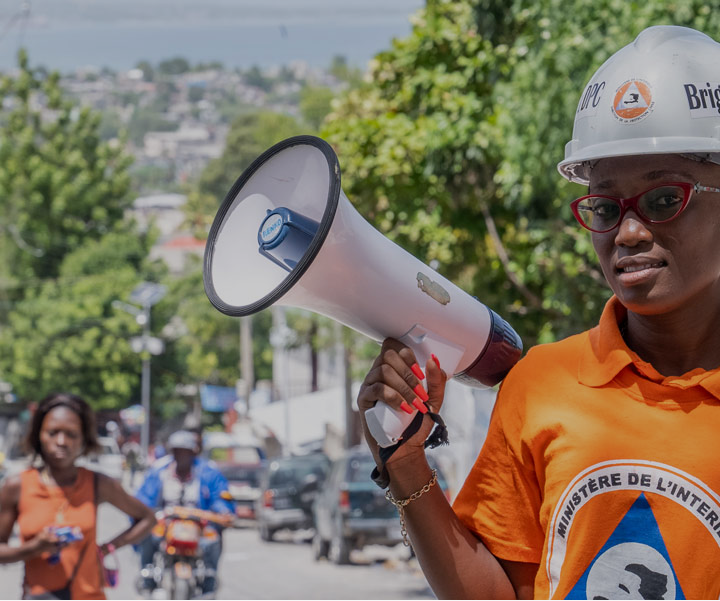
And as countries embark on cleaner energy pathways and transportation, they should think through how to ensure a just transition for fossil fuel-dependent communities. “In order to effect a transition which is going to be successful we will have to find ways of mitigating the impact on people who work in the coal economy,” says Ranjit Lamech, Infrastructure Director for the World Bank’s East Asia and Pacific Region.

The announcement was made on Thursday, August 27, 2020 by the Board of Governors of the Bank. As the newly re-elected President, Dr Adesina will begin his new term on September 1, 2020.

Changes forced by Covid-19 may mean the global energy mix has permanently shifted in favour of lower-carbon fuels—if governments decide to support the progress, says Engie’s Laurent Nery